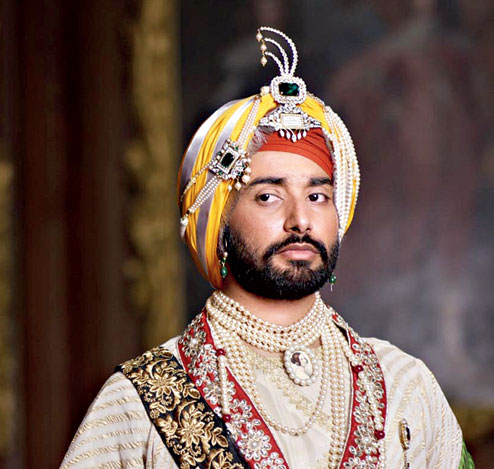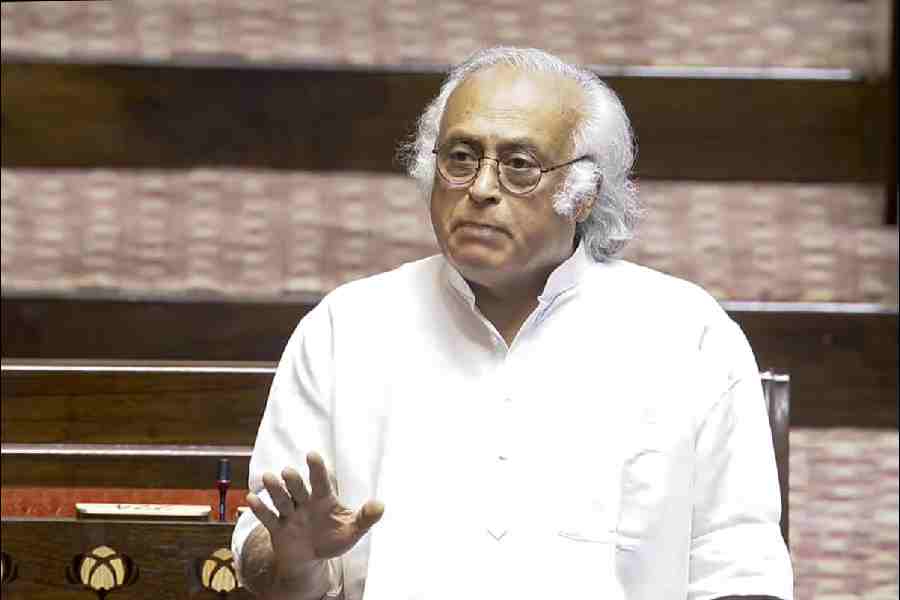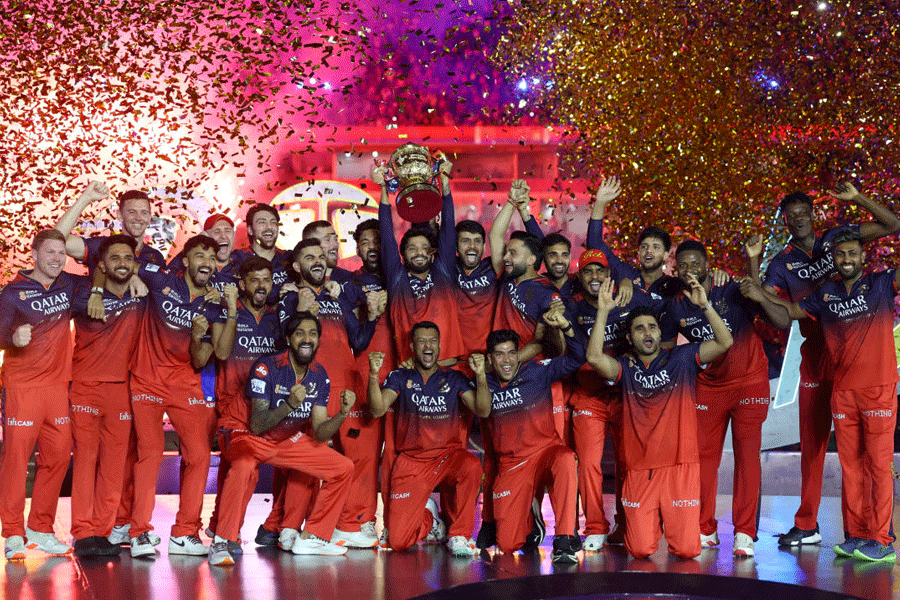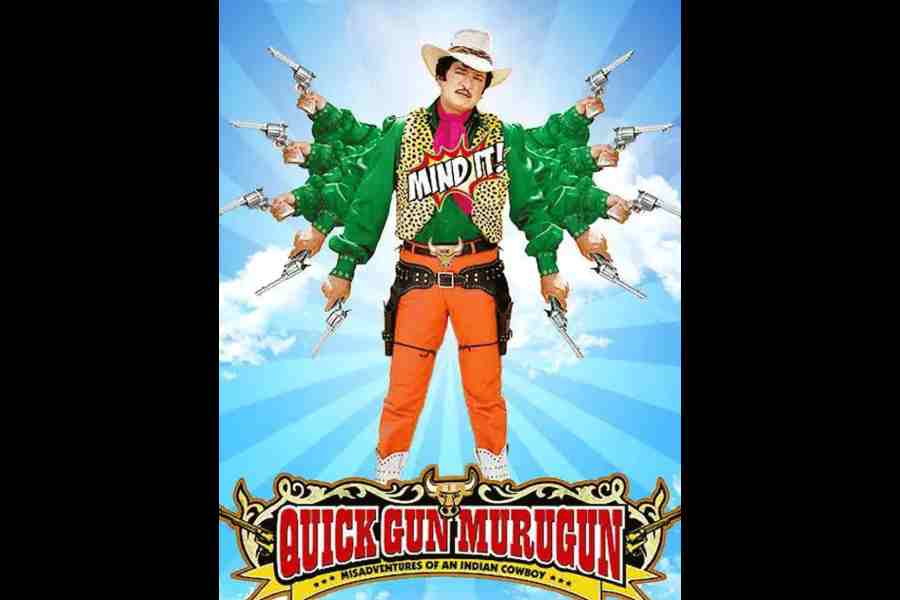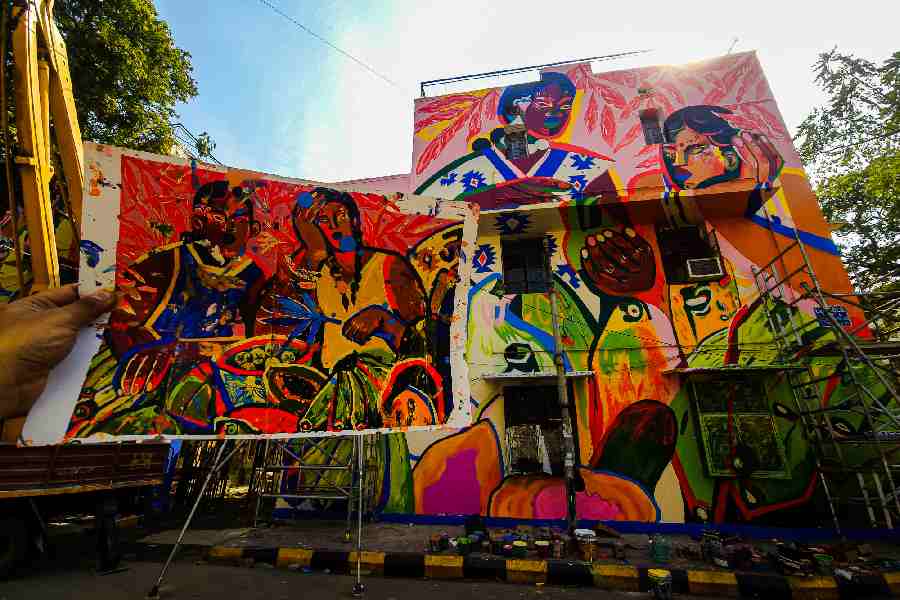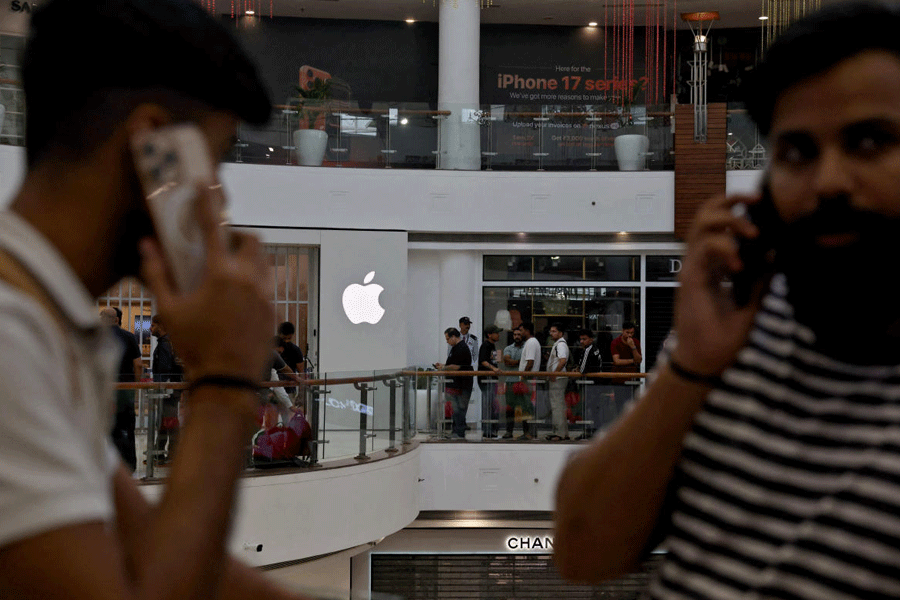
Maharaja Duleep Singh, the last King of Punjab, was exiled from India as a child and spent most of his life in England. When he finally found the strength to reclaim his heritage, he faced the wrath of the British empire. In a first of its kind, desi-American director Kavi Raz’s film The Black Prince attempts to tell the story of a king that India has forgotten. The film stars Punjabi singer and poet Satinder Sartaaj as Duleep Singh. “I had never acted before this. I barely even watched films. From the time I was about six years old, music and poetry have been my only passions,” says the 34-year-old, who has a doctorate in Sufi music.
t2 met the dapper singer in his room at JW Marriott in Juhu, Mumbai, recently to talk about his debut film and why he might not act anymore.
How did you land the role?
I had been touring in the US since 2009 and was quite well known in the community there. The California Sikh community is very active in Hollywood. The production house found the story of Maharaja Duleep Singh and they thought it was a fascinating story. The first thing they did was put together a panel of historians to research the subject. They reached out to the likes of Navtej Sarna (current Indian ambassador to the US) who has written a book called The Exile on the life of Maharaja Duleep Singh, British historians Peter Bance and Christy Campbell. When they started thinking about casting, I was recommended to them because I look a lot like the Maharaja!
Had you acted before this film came your way?
No. I went to Los Angeles and when I was told that they wanted me to act, the first thing I told them was that I can’t act! I am a poet and singer. They said that they had seen videos of my stage shows. They thought if I can perform in front of thousands of people, I can perform in front of the camera. They sent me to acting school. I spent three weeks with Kishore Namit Kapoor Sir in Mumbai.
Did acting come naturally to you?
Yes. I was taught that every character has a skeleton. Information about his personality, the era that he lived in, his economic strata, his educational background and his beliefs help you understand... and then become that character. When I was researching the Maharaja, I found that I am very similar to him. In his early years, he was an introvert just like me, so that came easily to me.
What was difficult was that speaking English didn’t come naturally to me. It was my fourth language after Punjabi, Urdu and Hindi. This film is made in English. Everyone speaks Victorian English. In the West, they make films in sync sound so there was no option of someone else dubbing for me later. I had to learn to speak English and act at the same time. I was really worried that I would let down all the great actors around me. Thankfully I had an acting and dialogue coach called Dee Cannon on the set the whole time.
Was there anything you learnt about filmmaking that surprised you?
(Laughs) I always thought a film was shot in the sequence that we see it in, but in reality it’s not. Shooting out of sequence must be easy for seasoned actors, but I found it very tough. In the morning, I could shoot a scene where I am dying and in the evening I could be 33 years old. The film charts the Maharaja’s life from the age of 15 to his death at 55. I had to lose a lot of weight to play the younger Maharaja and there was a lot of prosthetic make-up for when he becomes old. I had to be on set at 5am because make-up could take up to six hours every day. And I have five looks in the film.

Before this film came your way, were you ever interested in acting?
Not at all. I had been getting offers for Punjabi films from the time I started doing stage shows. But poetry is my first passion and I am the happiest when I am on a stage performing for an audience.
Would you want to continue acting?
I don’t know. This film took five years to make. We shot for over four months in England, India and the US. I don’t know if I’d want to give another five years to a film. It really depends on what comes my way.
Karishma Upadhyay
The Black Prince is playing at Cinepolis, Acropolis Mall

